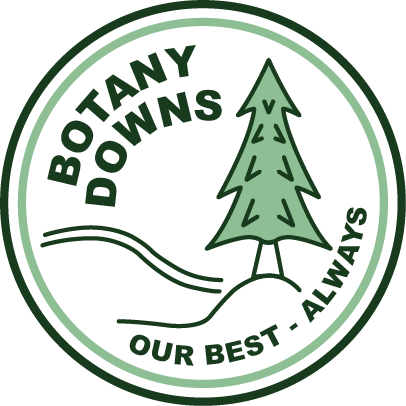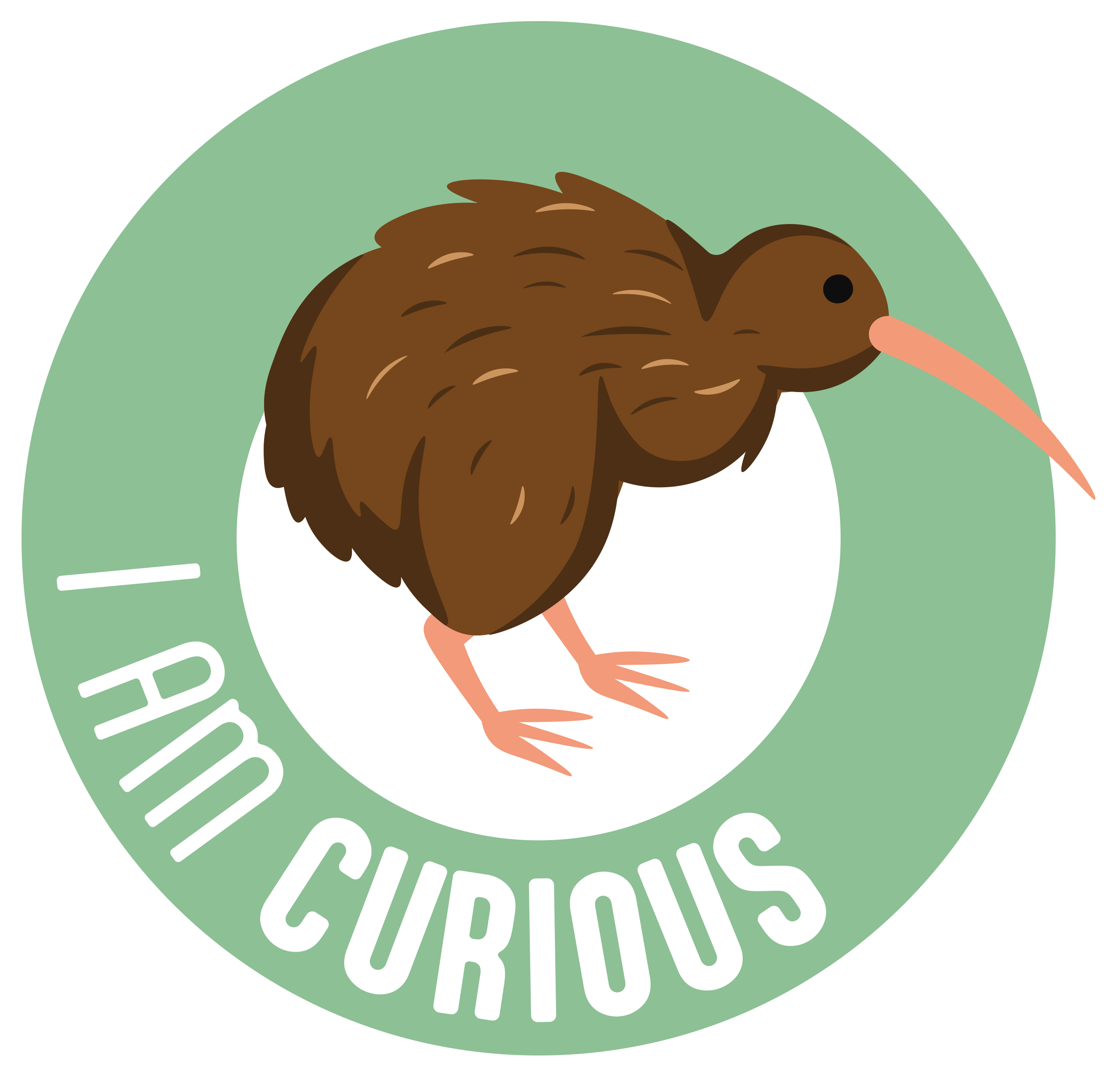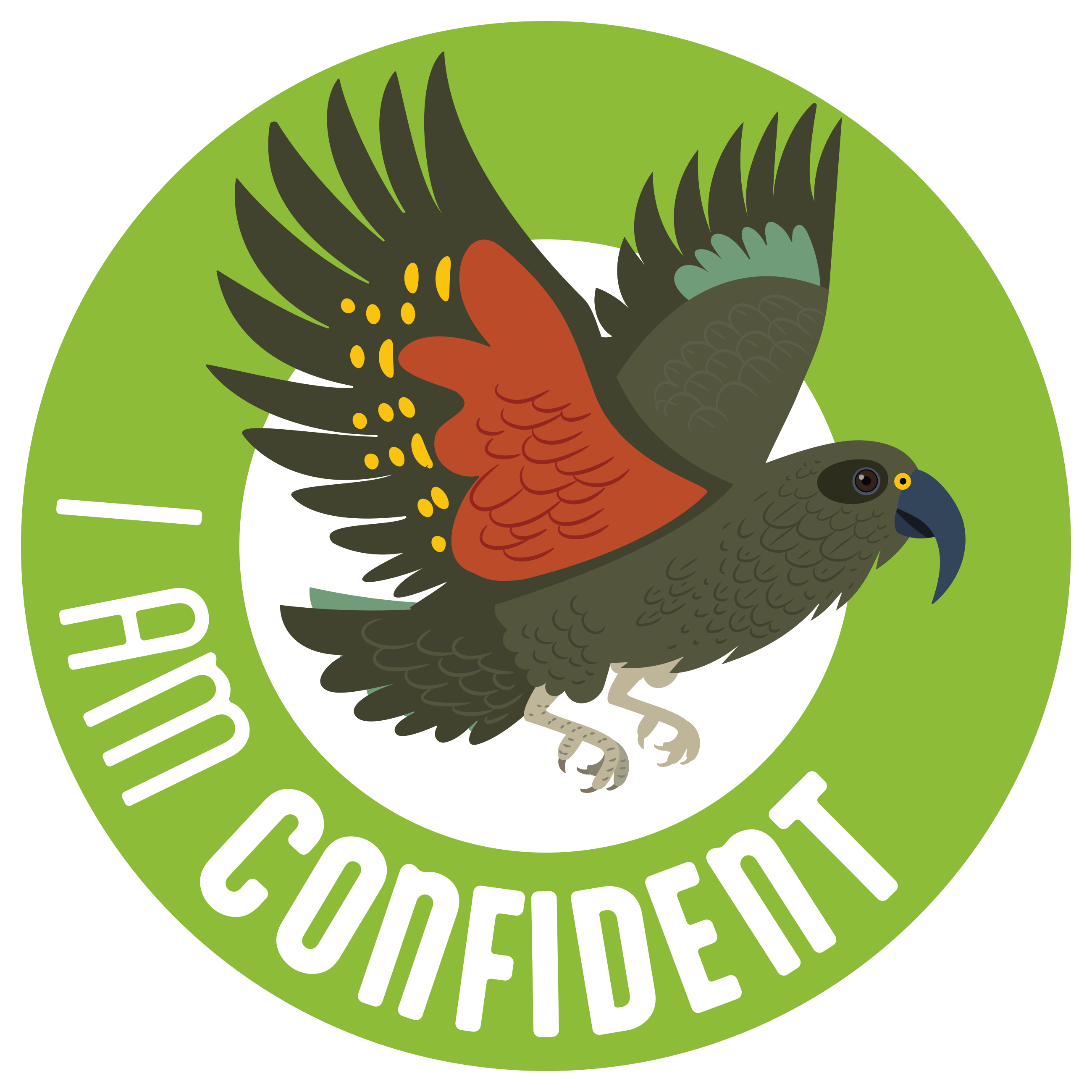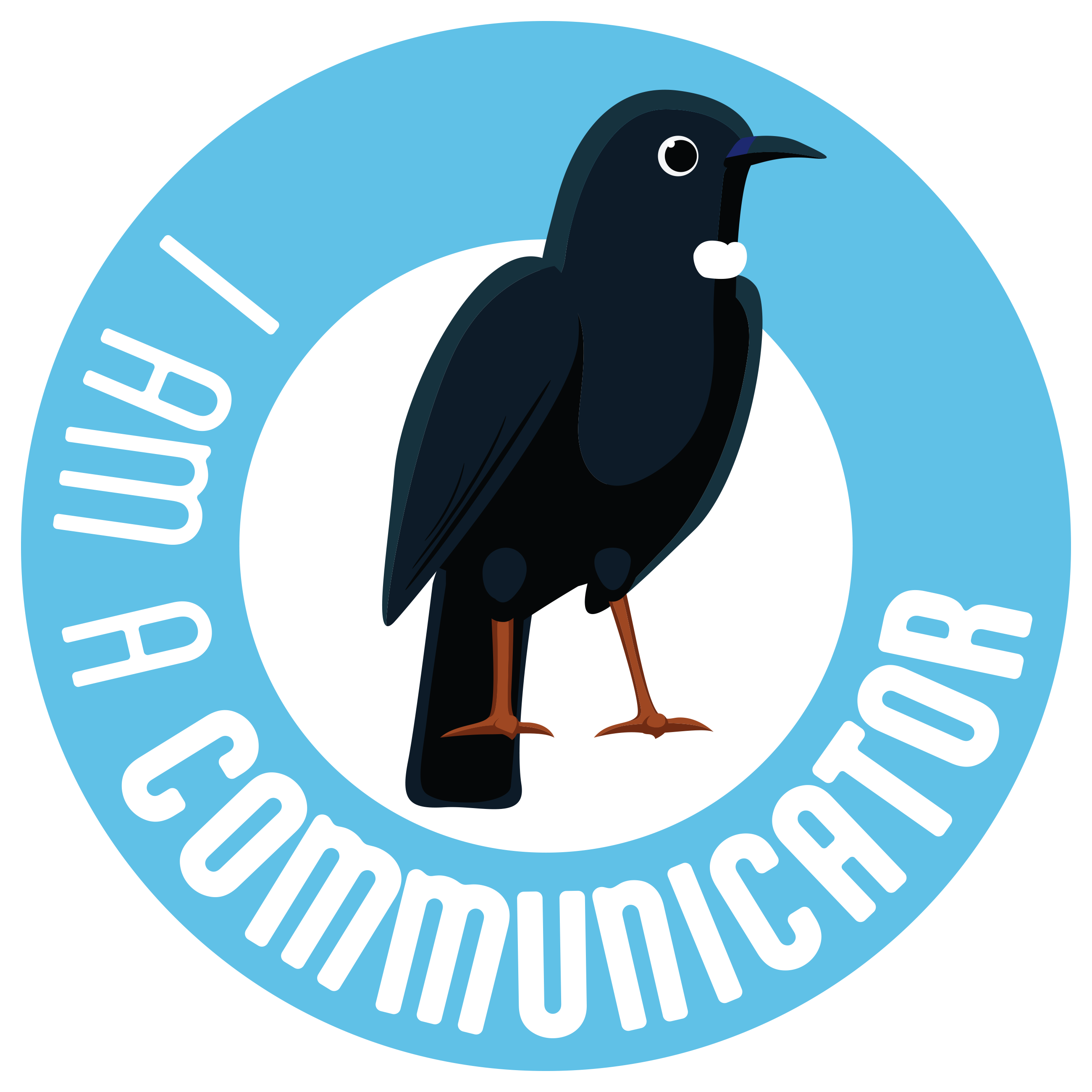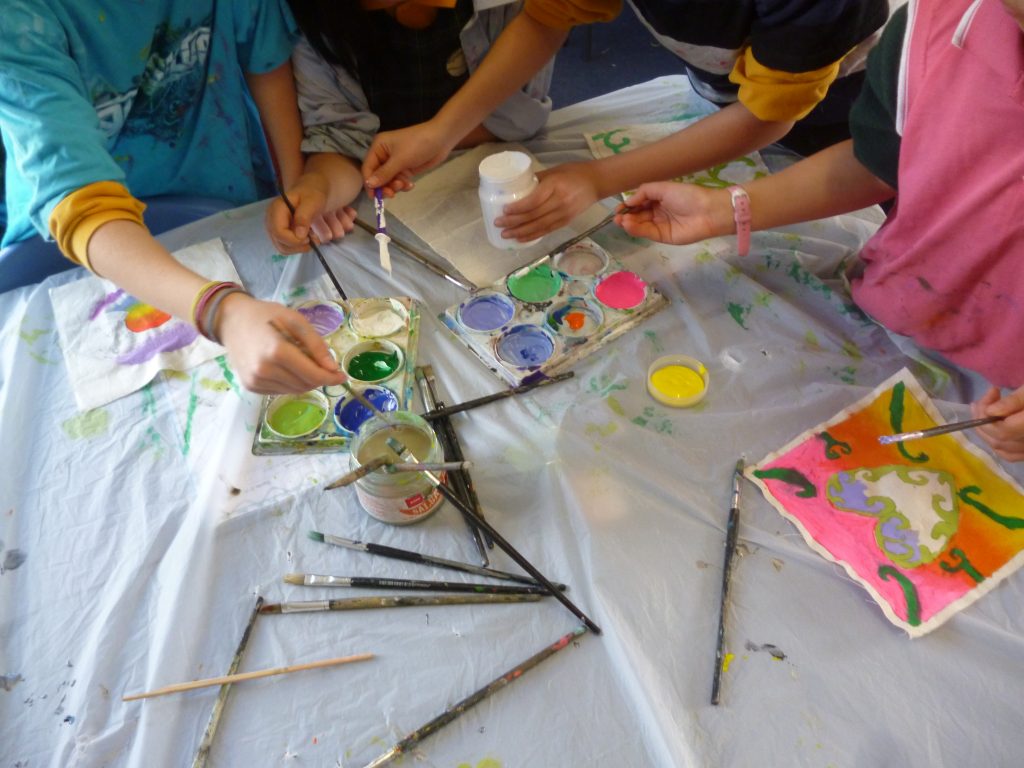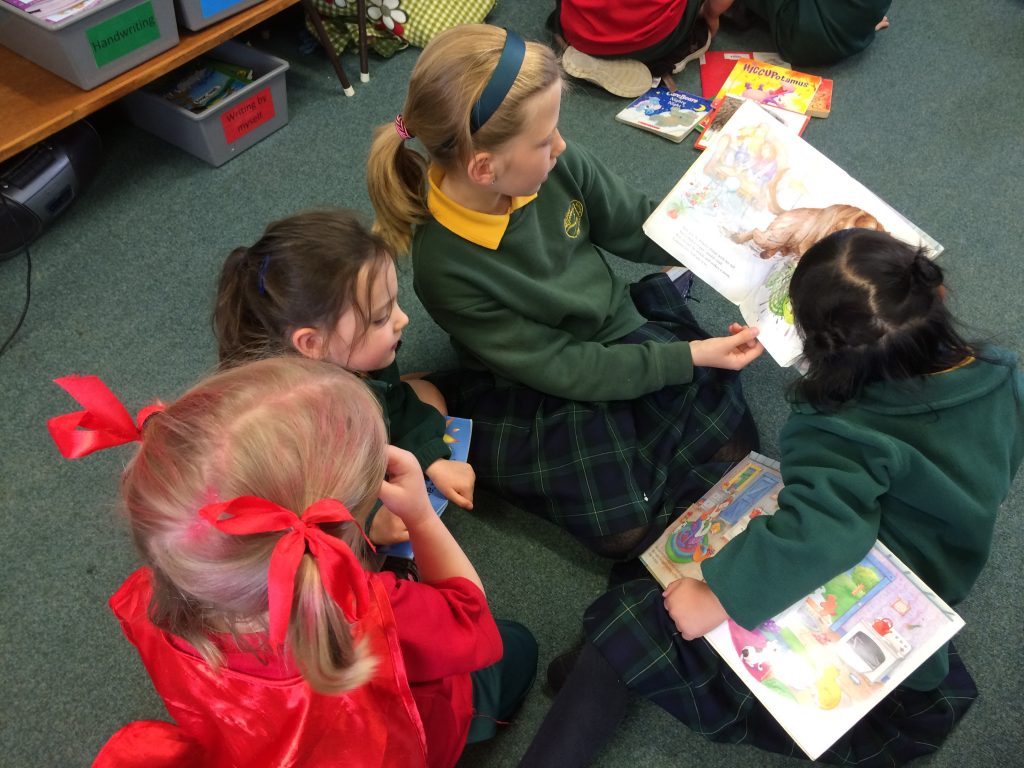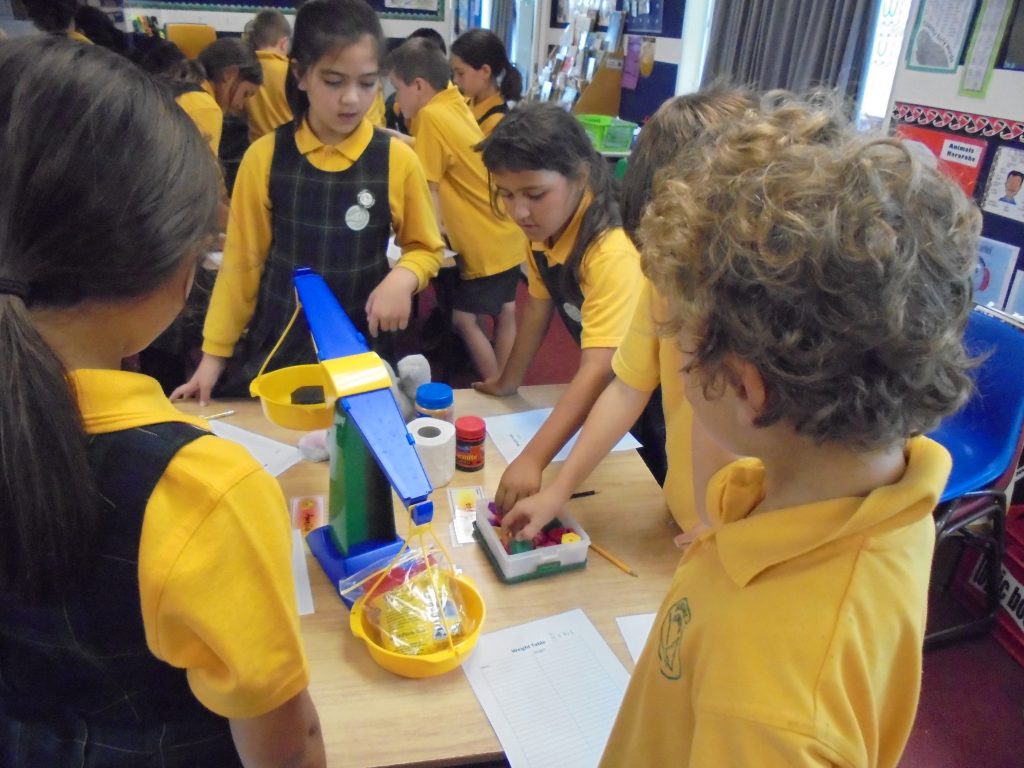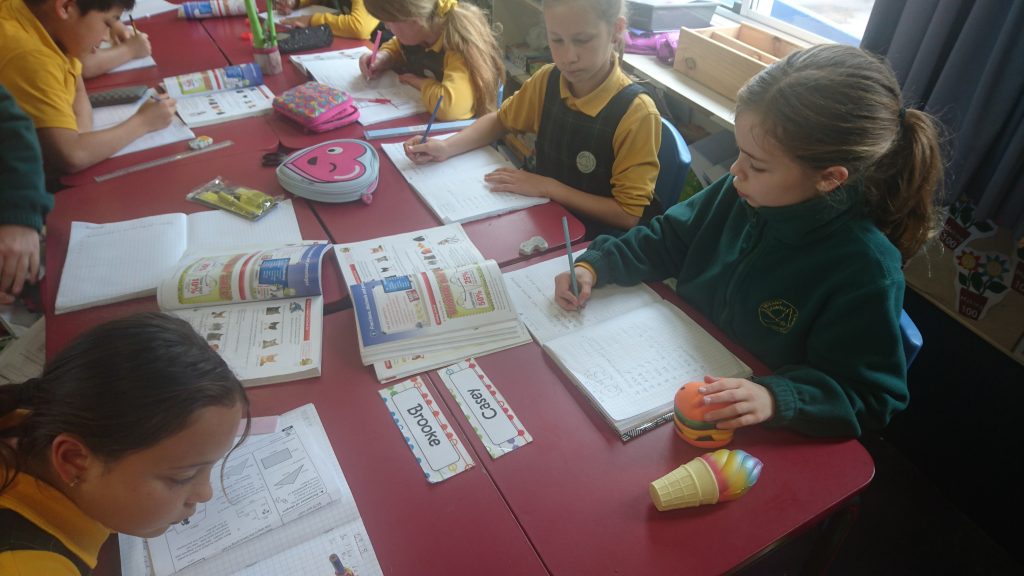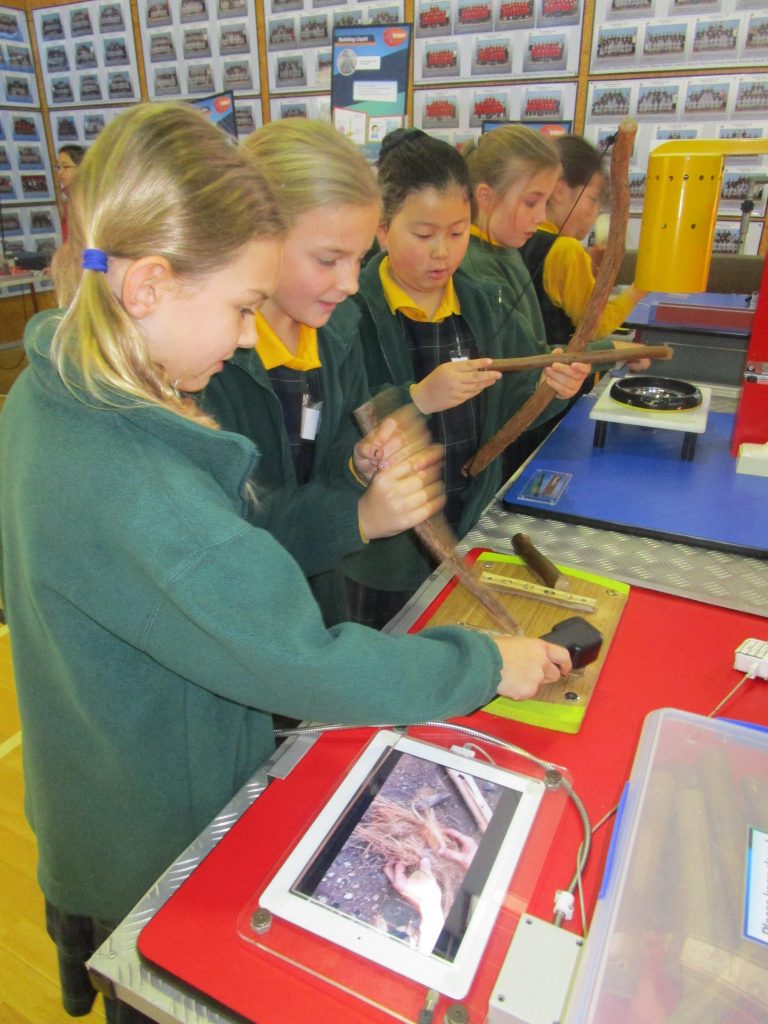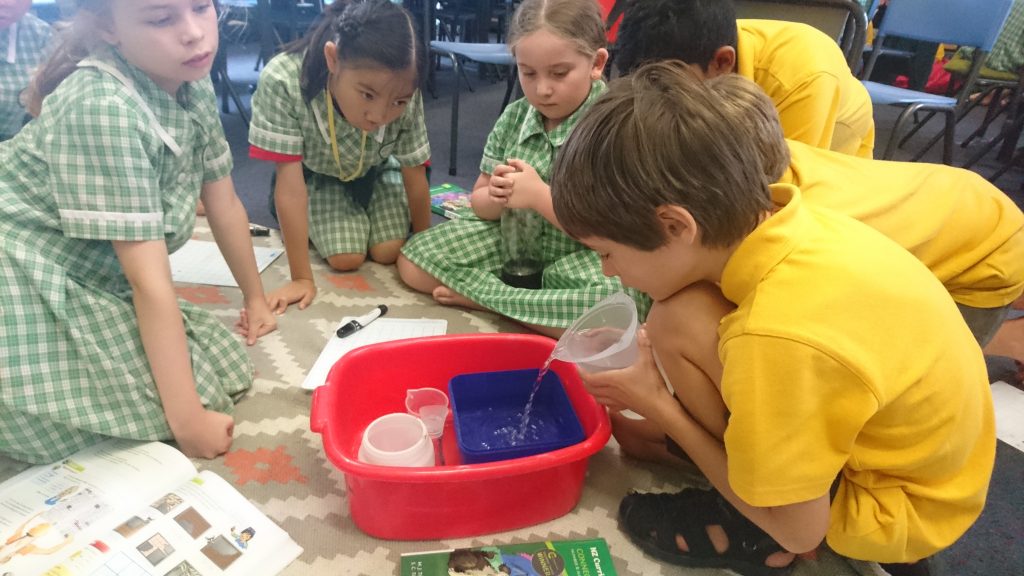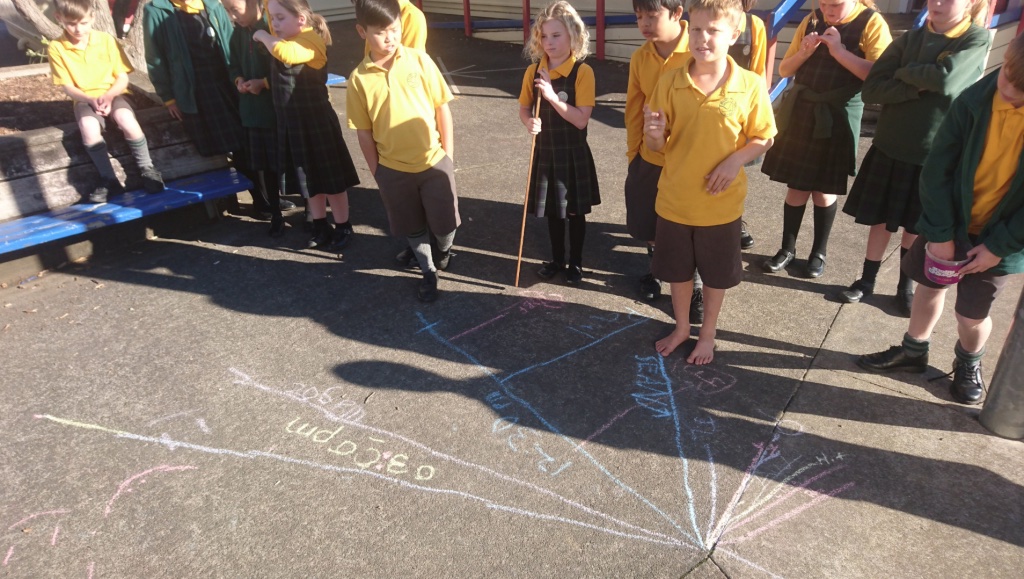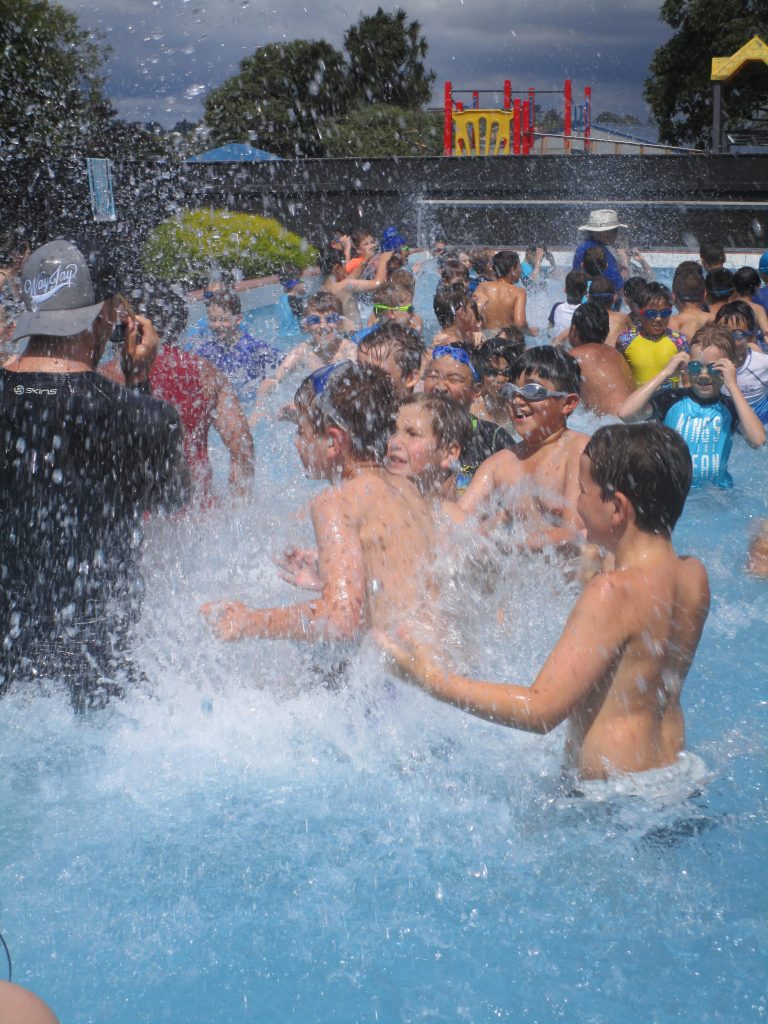What is a local curriculum?
The New Zealand Curriculum is a clear statement of what we deem important in education. It takes as its starting point a vision of our young people as lifelong learners who are confident and creative, connected, and actively involved and includes a clear set of principles on which to base curriculum decision making.
Our local curriculum is the way that we bring The New Zealand Curriculum to life at our school by:
- being responsive to the needs, identity, language, culture, interests, strengths and aspirations of your learners and their families
- having a clear focus on what supports the progress of all learners
- integrating Te Tiriti o Waitangi into classroom learning
- helping learners engage with the knowledge, values, and competencies so they can go on and be confident and connected lifelong learners.
Key points for designing and reviewing our local curriculum
- Our local curriculum is unique and responsive to the priorities, preferences, and issues of our community and our people.
- All elements of The New Zealand Curriculum are used as the framework in designing our local curriculum. This ensures we are supporting the strengths of all of our learners.
It’s an ongoing process:
- At the heart of local curriculum design is including what works and improving learning for all students.
- We understand that it’s a journey and we will continue to challenge and evaluate our ideas, systems, and processes.
Underpinning our Local Curriculum
Our Vision – Our Best Always
Our Motto – To be our Botany Best
Our Values –

Respect/ Manaakitanga – We show manaakitanga for ourselves and others. We work together positively to feel accepted, included, and valued.
Relationships/Whanaungatanga – We show whanaungatanga by being friendly, welcoming, and kind. We are proud members of the BDS whānau and we care for one another.
Resilience/Manawanui – We display manawanui by responding to challenges positively. We learn from our mistakes using a growth mindset.
Responsibility/Kaitiakitanga – We are the kaitiaki for our place in the world. We show commitment and responsibility for our actions.
Our Capabilities:
|
A curious child uses their passions and interests to explore the world around them with a wondering mind. They ask questions to guide inquiry and develop next steps. They experiment, use tools in a variety of ways to sort thinking and develop understanding. Akonga gather and analyse data to find answers to their questions and share their learning effectively.
|
Akonga have the confidence to drive their own learning. They can reflect on and celebrate their individual successes and the success of others. They believe in their own abilities as a learner and can apply learning to a range of situations. Akonga show determination, can manage themselves and have a growth mindset to be the best that they can be. |
|
Akonga are active participants in designing their learning and can share this. They can seek and act on feedback and feedforward using a variety of assessment tools. Akonga reflect on their learning. They show an awareness of their audience and can effectively communicate using a variety of literacy skills.
|
Akonga understand that te Tiriti O Waitangi celebrates the unique place of Maori culture in Aotearoa New Zealand. They know their whakapapa, are secure in their own cultural identity and respect the cultural identity of others. They celebrate diversity and can value perspectives that may differ to their own. Akonga are connected to their environment and the wider world and take action to make it a better place. |
Teaching & Learning and the Curriculum
Te Tiriti O Waitangi frames our approach to learning and the National Educational and Learning Priorities (NELPS) underpin our local curriculum and our strategic & annual plan.
The Statement of National Education and Learning Priorities (NELP)
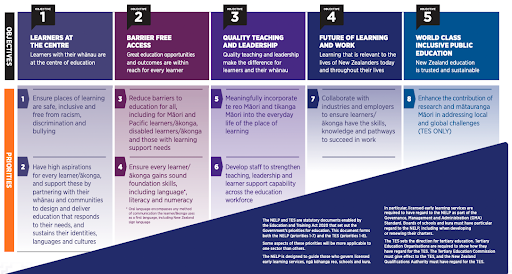
We are committed to keeping children engaged through rich curriculum learning programmes which add to their knowledge, and skills. Curriculum integration enables a coherent education, allowing connections to be made within and across subjects and developing the key competencies: Thinking, Using language, symbols and texts, Managing self, Relating to others, and Participating and contributing.
More information about the New Zealand Curriculum can be found here: https://nzcurriculum.tki.org.nz/
The eight learning areas covered in the New Zealand Curriculum are:
Literacy (English)
Literacy skills provide the foundation on which all future education and participation in society rest. We value literacy highly, and provide various engaging learning experiences for our students to grow their reading, writing, oral language, critical thinking, and information skills.
Mathematics and Statistics
Mathematics skills are equally important for future life skills, problem solving skills and many different career pathways. Our teachers engage our students to build their mathematics understanding using a variety of resources. In Senior years, maths classes are grouped in levels to ensure students are supported and extended at ther appropriate stage of their learning.
Science
To help develop our students’ understanding of the world around them, we introduce and build on knowledge of the physical, material, and natural world, as well as the world beyond Earth. Using relevant and appropriate resources, children have the opportunity to experience the many exciting aspects of science and nature.
Social Sciences
School wide Inquiry topics develop our students understanding of their place in the world, and we encourage understanding of, and appreciation for different cultures. Social Sciences provides connections in knowledge that help students develop their views and values. Recurring topics include: Waitangi Day, ANZAC Day, Matariki, Other Cultures, etc. Current events such as the Olympic Games, national elections or similar offer opportunities for engaging learning.
The Arts
The Arts offer a way for students to express themselves, and to share their experiences, and personality in a creative way through visual art, music, dance and drama. All classrooms spend time creating artworks using a variety of techniques which are linked to current learning. These artworks are proudly displayed throughout the school enhancing our environment. We are proud to have a specialist Music teacher who develops music skills, and enjoyment of music in weekly classroom sessions. Older students have the opportunity to participate in choir and orchestra groups.
Health and Physical Education
All students benefit from physical activity, both physically and emotionally. Body movement skills help develop learning skills, and playing together helps build important social skills. Each class has regular time-tabled PE sessions where they learn and practice a range of skills, games and sports. Other valuable learning covers health, and personal safety. Annual school events such as cross-country, athletics, and swimming sports day offer more opportunities to participate and have fun.
Students also have the opportunity to join teams to represent our school in inter-school competitions. These teams are coached and managed by teachers.
Our students are taught the importance of living safely and making wise choices for living and eating. Health and well being is promoted through our School Values programme and our planning and programmes ensure a balanced approach to the key learning areas of Mental Health, Food and Nutrition, Body Care and Physical Safety.
Learning Languages
We recognise te Reo as one of New Zealand’s official languages and welcome its use in our classrooms. Our students and staff are encouraged to develop their understanding, and use of te reo, and tikanga in all areas of the school.
For our students who do not have English as their home language, we offer support with a specialist ESOL teacher.
Digital Technologies
Digital technology has opened up countless opportunities for engaging education and we integrate technology in many areas of our learning across the curriculum from creating presentations, to recording learning reflections, to zoom author visits, and more. Alongside using technology, we develop students’ information skills to help them find, understand, and evaluate the information they find online, which are increasingly important skills.
We provide chromebooks for our year 3-6 students and ipad for years 0-2 for learning with digital technologies. All students and parents are required to sign our “Use of Devices Contract” before the use of devices in the classrooms. All clases teach a unit on cyber safety before devices are used.
Cell phones and smart watches discouraged and are only allowed at school with permission from the principal and are to be kept in school bags. If these are brought to school we accept no responsibility for these.
Education Outside the Classroom (EOTC)
Not all learning takes place within the classroom, and school trips and camps offer valuable learning experiences, as well as opportunities to develop social skills. School trips help link class lessons to real life experiences, and adds deep relevance and engagement to curriculum learning.
For Senior students, our school camps (Willow Park in Year 5, and Chosen Valley in Year 6) provide new experiences and challenges which extend learning and important social and emotional skills. These camps are a highlight of senior school and are looked forward to and remembered for many years.
